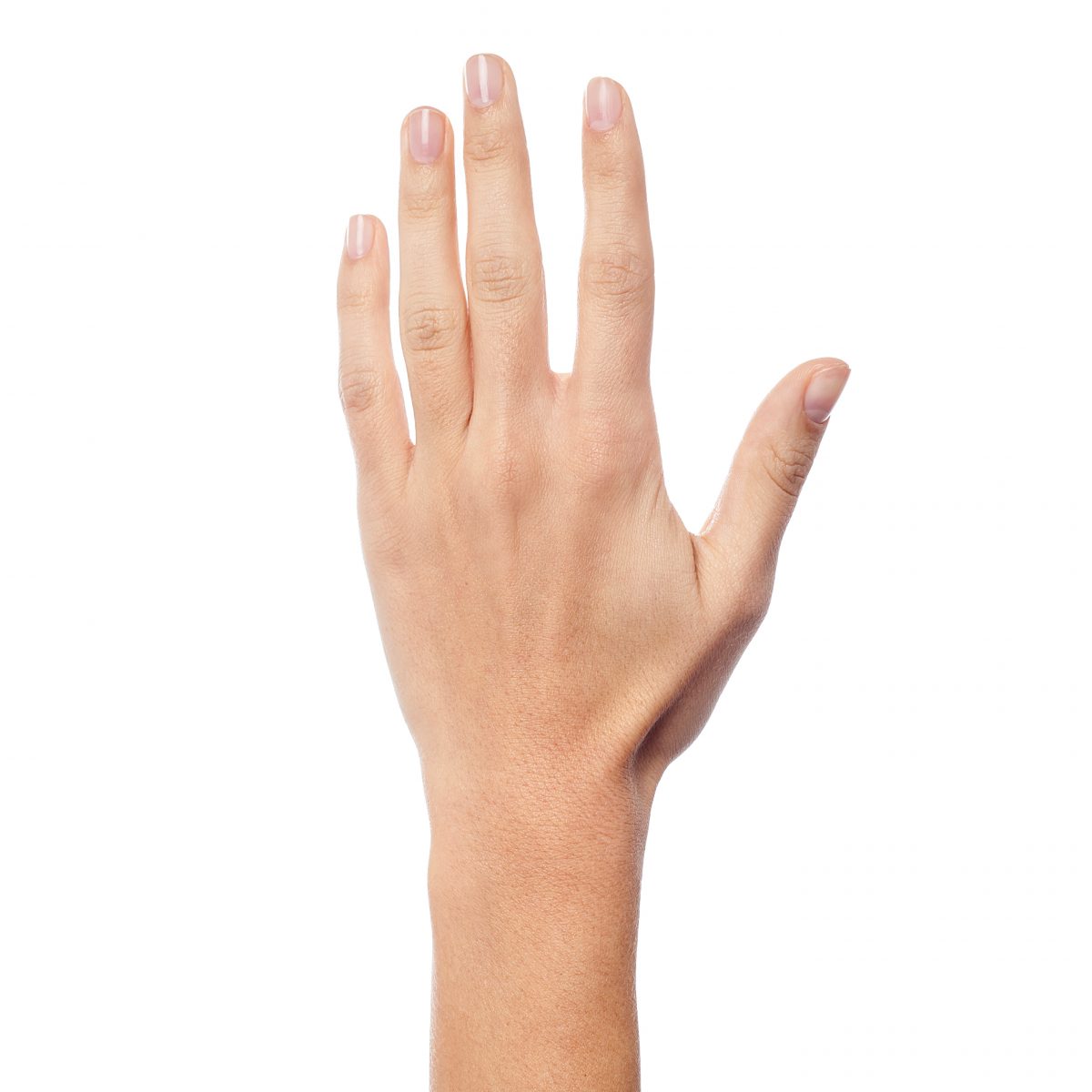Cytori to Include Lupus Patients in Studies of Cell Therapy for Secondary Raynaud’s Phenomenon

Cytori Therapeutics will expand the scope of its Habeo Cell Therapy (ECCS-50) for secondary Raynaud’s phenomenon to include patients with systemic lupus erythematosus and other autoimmune conditions in addition to scleroderma patients.
It made the decision after a pilot trial (NCT01813279) of the cell therapy helped 12 scleroderma patients reduce Raynaud’s symptoms. Reynaud’s is a disorder in which the fingers and toes have less blood circulation.
While secondary Raynaud’s phenomenon is most commonly associated with the skin disorder scleroderma, it is also a common feature of lupus and other diseases, such as rheumatoid arthritis and Sjogren’s syndrome. Cytori recently changed the name of the treatment from ECCS-50 to Habeo Cell Therapy.
“Habeo, pronounced ‘habēō,’ means ‘to hold’ in Latin,” John Harris, Cytori’s vce president and general manager of cell therapy, said in a press release. “The name embodies the promise that we believe Cytori Cell Therapy holds for patients with a number of disorders that affect the hand by potentially improving function, reducing pain, and restoring activities of daily living.”
Patients in the small trial experienced 90 percent reductions in their Raynaud’s Condition Score after 36 months. The scale measures the difficulties that patients experience.
Cytori previously reported patient benefits in six- and 24-month analyses.
Earlier data, although limited, also suggested that the cell-based treatment improved blood-vessel structure, hand color, and other measures of blood-vessel function.
“Pilot trial data suggest that our ECCS-50 cellular therapeutic may help to address secondary Raynaud’s phenomenon symptoms and other autoimmune and inflammatory conditions of the hand,” said Dr. Marc H. Hedrick, Cytori President and CEO. “Our plan is to leverage published and ongoing preclinical and clinical data to expand our investigation of ECCS-50 to a much larger patient population with secondary RP under the new Habeo brand name.”
Cytori uses a stem cell in fat tissue in its cell-therapy applications. The treatments are being tested under a number of conditions. Two trials involve scleroderma patients with Raynaud’s phenomenon.
The Phase 3 STAR trial (NCT02396238) is testing the cell therapy on hand problems, including Raynaud’s, in 88 U.S. scleroderma patients. The Phase 2 SCLERADEC II (NCT02558543) trial involves three clinics in France.





